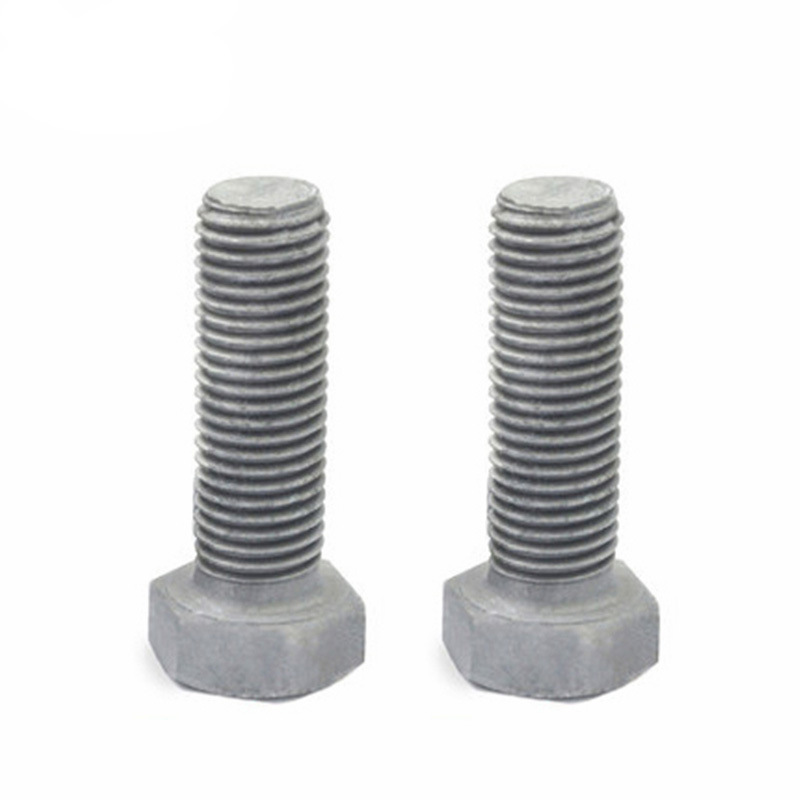

Understanding the Various Sizes of Self-Drilling Screws for Your Projects
दिसम्बर . 07, 2024 07:25 Back to list
Understanding the Various Sizes of Self-Drilling Screws for Your Projects
Understanding Self-Drilling Screw Sizes A Comprehensive Guide
Self-drilling screws are essential fasteners widely used in construction, metalwork, and various applications that require efficient fastening to metal, wood, or concrete surfaces. Their unique design allows them to drill their own holes, eliminating the need for pre-drilling, which saves time and effort during assembly. However, with various sizes and specifications available, understanding self-drilling screw sizes is crucial for selecting the right screw for your project. This article provides an overview of self-drilling screw sizes, features, and applications.
The Basics of Self-Drilling Screws
Self-drilling screws come with a sharp point that functions as a drill bit. This design allows them to penetrate materials directly, making them ideal for quick and easy installation. Unlike standard screws, self-drilling screws are particularly useful in metalworking applications where the materials are too tough for a conventional screw to penetrate efficiently.
Screw Size and Specifications
Self-drilling screws are categorized primarily by their gauge size, length, and thread type.
1. Gauge Size The gauge represents the diameter of the screw's body. Common gauge sizes for self-drilling screws range from 6 (0.138 inches) to 14 (0.194 inches). The choice of gauge size depends on the material thickness and the load requirements of the assembly.
2. Length The length of self-drilling screws can vary significantly, typically ranging from 1 inch to 3 inches or more. When selecting a screw length, consider the combined thickness of the materials being fastened. A general rule of thumb is that the screw should penetrate at least 1/2 inch into the base material for a secure hold.
3. Thread Type Self-drilling screws can have different thread designs, which contribute to their holding strength. Some common thread types include - Fully Threaded Provides maximum holding power and is ideal for applications with low shear loads. - Partially Threaded Offers shank space for applications requiring clamping action.
4. Point Types Self-drilling screws may also differ in their point styles, which affects their drilling capabilities. The most common point types include Type 17, which features a sharp point designed for drilling through softer materials, and Type 3, which is suitable for harder materials.
Material and Coating Options
self drilling screw sizes

The material and coating of self-drilling screws also influence their performance, durability, and corrosion resistance. Common materials include
- Carbon Steel Often used for indoor applications, carbon steel screws are economical but may rust if not coated. - Stainless Steel Ideal for outdoor or marine applications, stainless steel screws resist corrosion and are suitable for environments exposed to moisture. - Coated Screws Variants with coatings, such as zinc plating or ceramic finishes, enhance corrosion resistance and provide extended durability.
Applications
Self-drilling screws are versatile and find applications in numerous fields, including
- Construction Used for attaching metal roofing, siding, and framing. - HVAC Ideal for securing ductwork to metal surfaces. - Automotive Commonly found in the assembly of vehicles, fastening panels, and securing components.
Selecting the Right Screw Size
Choosing the appropriate self-drilling screw size involves assessing the properties of your materials and the specific requirements of your application. Here are some considerations
- Material Thickness Measure the thickness of the materials you plan to join. The screw length should accommodate this while ensuring adequate engagement with the base material. - Load and Stress Consider the load-bearing requirements and the potential stress on the joint. Heavier loads may necessitate a thicker gauge screw and potentially longer lengths.
- Environmental Factors If the assembly will be exposed to moisture or harsh environments, opt for stainless steel or coated screws to prevent corrosion.
Conclusion
In conclusion, a thorough understanding of self-drilling screw sizes is crucial for any DIY enthusiast or professional in construction and engineering. By considering gauge sizes, lengths, thread types, and material properties, you can make informed choices that enhance the quality and durability of your projects. Remember to always assess your specific application requirements to select the most suitable screws, ensuring a secure and long-lasting fastening solution.
Latest news
-
Hot Dip Galvanized Bolts-About LongZe|High Strength, Corrosion Resistance
NewsJul.30,2025
-
High-Strength Hot Dip Galvanized Bolts - Hebei Longze | Corrosion Resistance, Customization
NewsJul.30,2025
-
Hot Dip Galvanized Bolts-Hebei Longze|Corrosion Resistance&High Strength
NewsJul.30,2025
-
High-Strength Hot-Dip Galvanized Bolts-Hebei Longze|Corrosion Resistance&High Strength
NewsJul.30,2025
-
Hot Dip Galvanized Bolts-Hebei Longze|Corrosion Resistance&High Strength
NewsJul.30,2025
-
Hot Dip Galvanized Bolts - Hebei Longze | Corrosion Resistance, High Strength
NewsJul.30,2025

